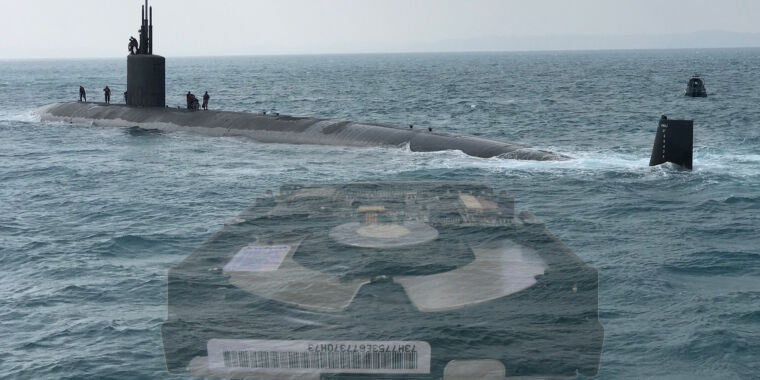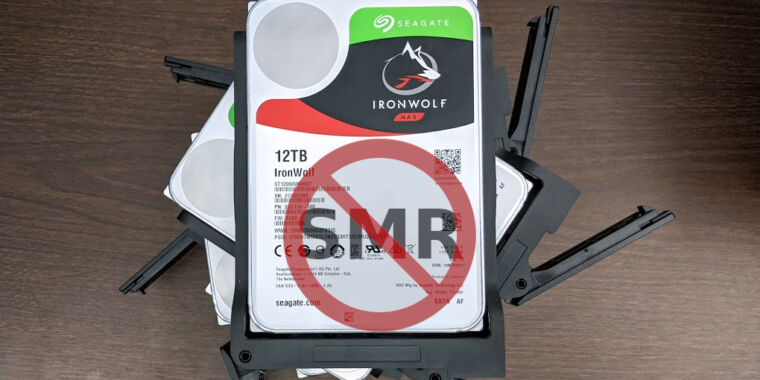I'm sorry, I should have quoted the while post, but did not so for the sake of brevity.
I hear your opinion, and I respectfully disagree. I strive to be clear and fair in what I do. That means I would never do business like WD did, and in my opinion, they deserve the heat they get about it.
Thanks for that.
FTR, I had my own business too and while we did provide products (custom built PCs) it was much more service oriented than product oriented. However, the only advertising I did was "word of mouth" so our goal was to always give our clients value for their money so (1) they would come back and (2) they would recommend us to their friends. There's an old expression I learned in the military that fits when your business depends on customer satisfaction and "word of mouth" advertising, especially when it comes to getting new customers - essential for growth. And that is, "
One aw sh!t wipes out a 1000 attaboys".
And sadly, that "
one aw sh!t" can simply apply to "perceptions" too. If a client "perceives" he has been deceived or misled, even if he really wasn't being deceived or misled, that upset client may tell 5 friends who then tell 5 of their friends (exaggerating and sensationalizing the story as it is retold). And then those friends post unfavorable reviews on Facebook and other media outlets and suddenly, this innocent business is shamed and blacklisted out of business for no real reason. Is that fair?
So I would not want even the perception I was doing what WD is
accused of doing either.
But to stop things like that from happening, I feel it is
the responsibility of those in the IT media to do their "
due diligence" to research and suss out the facts, cull out the rumors and falsehoods and publish
the unbiased truth so we consumers have the real facts to make informed decisions. Is that what happened with the original article? I don't think so. Is that what happened when other media outlets parroted the first? I don't think so.
So that leaves me wondering, what did WD
really do wrong, deceitful, or misleading that makes them "
deserve the heat" they are getting?
What I am saying is, I don't see what they have been done deserves being "accused" of being deceptive or misleading. Consequently, I am not understanding what you base your opinion on. I respect your opinion and will defend your right to express it. And while we are all entitled to our opinions, we, and especially the IT media, are not entitled to our own facts.
What I see is a company introducing "
NEW" models with "
NEW" model numbers to their line up that offer greater capacities at cheaper prices.
I don't see where they misrepresented the product as having greater performance or better features than the "published" specs.
I don't see any WD document or marketing ad that says all "Red" drives will be CMR drives.
In other words, I don't see any false advertising, deceptive or misleading product descriptions.
The complaint seems to be "
The company failed to disclose the use of SMR in advertising or spec sheets." Okay. Where did they EVER disclose the use of CMR before? Why are they not being chastised for not disclosing the country origin for the capacitors used on the logic board (since stating caps are "Japanese" seems to be a thing)? Why not chastise them for not disclosing the type bearings used in the motors?
I say if we don't like a product a company produces, don't buy it. That's how you send a message to a company.


